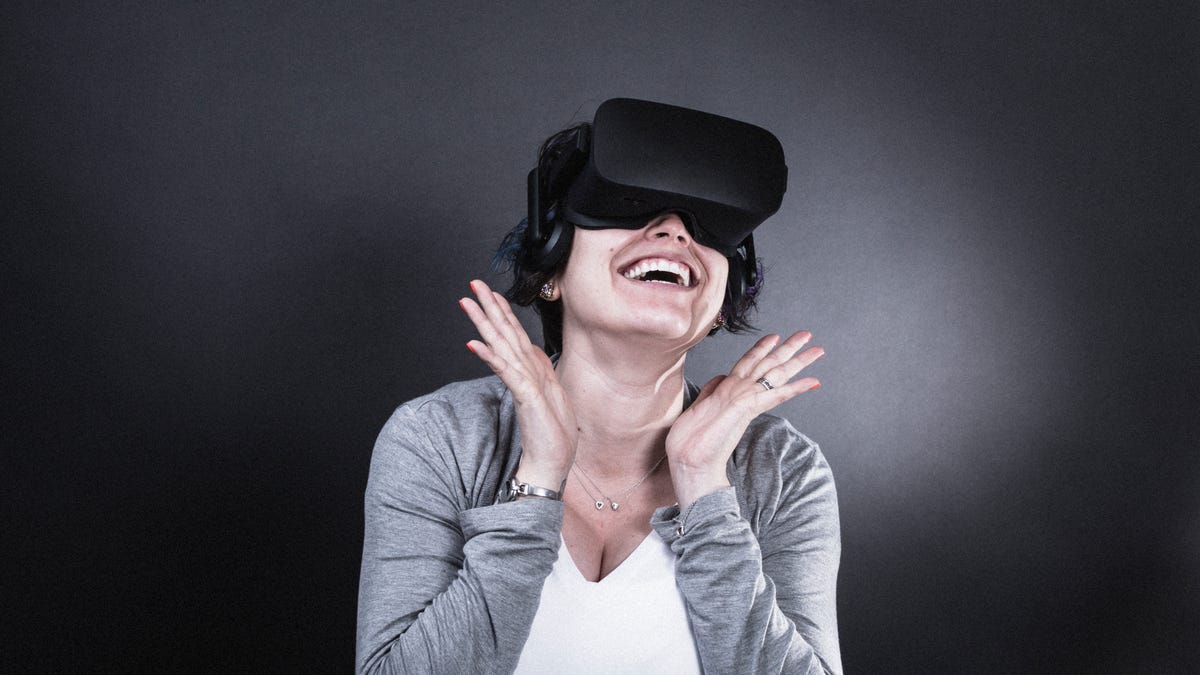Consumers say VR seems neat, just not gaming so much
Games are the most prevalent VR content out there, but they came in dead last in a survey ranking six categories for the immersive format

The early bulk of virtual reality has been weighted toward games, but a survey found that folks are more interested in everything else.
Video games were ranked sixth among categories of VR, beat out by No. 1 travel and even by home design, according to a study released Tuesday by Greenlight VR, a research company focused on the emerging format.
VR, which uses headsets to make users feel transported into digital worlds, is among the buzziest consumer technologies today. Tech giants like Facebook and Samsung are delivering ballyhooed products to consumers more widely this year. Because video games have a built-in market of consumers who already pay big bucks for titles, the preponderance of early VR content is games. But Greenlight's study suggests mass appeal requires wider variety.
Sixty-one percent of Americans said they were "interested" or "very interested" in virtual gaming, putting games behind travel, tourism or adventure (73.5 percent); movies and recorded videos (67.3 percent); live events (67 percent); home design (65.9 percent); and education (63.9 percent).
The survey also found that among people who have used VR, 86 percent rated their experience as positive and that they were "highly likely" to seek it out again.
Greenlight VR's survey was conducted this month, reaching more than 1,200 U.S. consumers ages 18 through 60.

